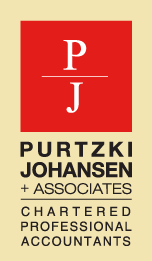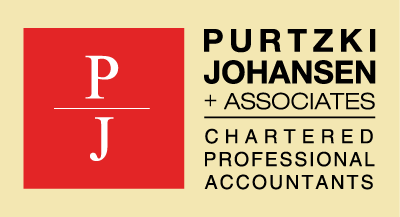- Not having an updated will
One of the biggest mistakes in planning for your heirs is not to have an estate plan at all. If you do not have an updated will, you are not alone. According to a survey by BC Notaries, only 55 per cent of BC residents have an up-to-date will. If you die without a will, your estate can be tied up for years with expensive administrators, and the estate assets will eventually be distributed according to provincial law: mostly likely not the way you would have wished.
- Naming the same person to serve as guardian and trustee
If you trust your sister with raising your children, it is natural you would want to provide her with money to care for them. Many people name one individual as both guardian and trustee without much thought. However, naming separate people to both of these roles creates a control system. It will be harder for the guardian to waste the children’s money if he or she has to account for the funds to a third party.
- Falling into the joint ownership trap
Probate fees only cover assets dealt with in the will. Any assets held in joint ownership, where the assets on death pass automatically to the survivor, are not subject to probate. Probate is often perceived as a simple transaction of registering a beneficiary as a joint owner of your assets. However, moving an asset into joint names has tax implications. If the asset has an unrealized gain of $500,000, the transfer to joint ownership triggers a tax of 50 per cent of that gain. In contrast, no income tax is triggered when you register your intended heir as joint owner of your principal residence. However, if the home is sold when you die, only your half of the principal residence is covered by the exemption. The other half – while it was in joint ownership – is subject to income tax on the appreciation in value.
- Not freezing your estate
Your shares in your medical or investment holding company are subject to tax when you die. Implementing an estate freeze is an easy procedure that does not trigger any income tax. You simply convert your shares in your company to fixed-value shares at the current value of the investment. New common shares are then issued to your family members. The estate freeze is structured to allow you to retain full control over your company while you are alive. Any funds you withdraw from the company will be considered a partial redemption of the shares. If all the estate freeze shares are redeemed upon your death, capital gains taxes are completely avoided. The full value of the company investments will be attributed to your family members.
- Not using a spousal trust
Transferring estate assets to your children from a prior marriage, while providing income to your current spouse, is almost impossible without one magic tool – the spousal trust. As beneficiary of the trust, your current spouse is only entitled to income and capital during his or her lifetime. When your spouse dies, the estate assets are distributed to the trustees: the children of your first marriage.



